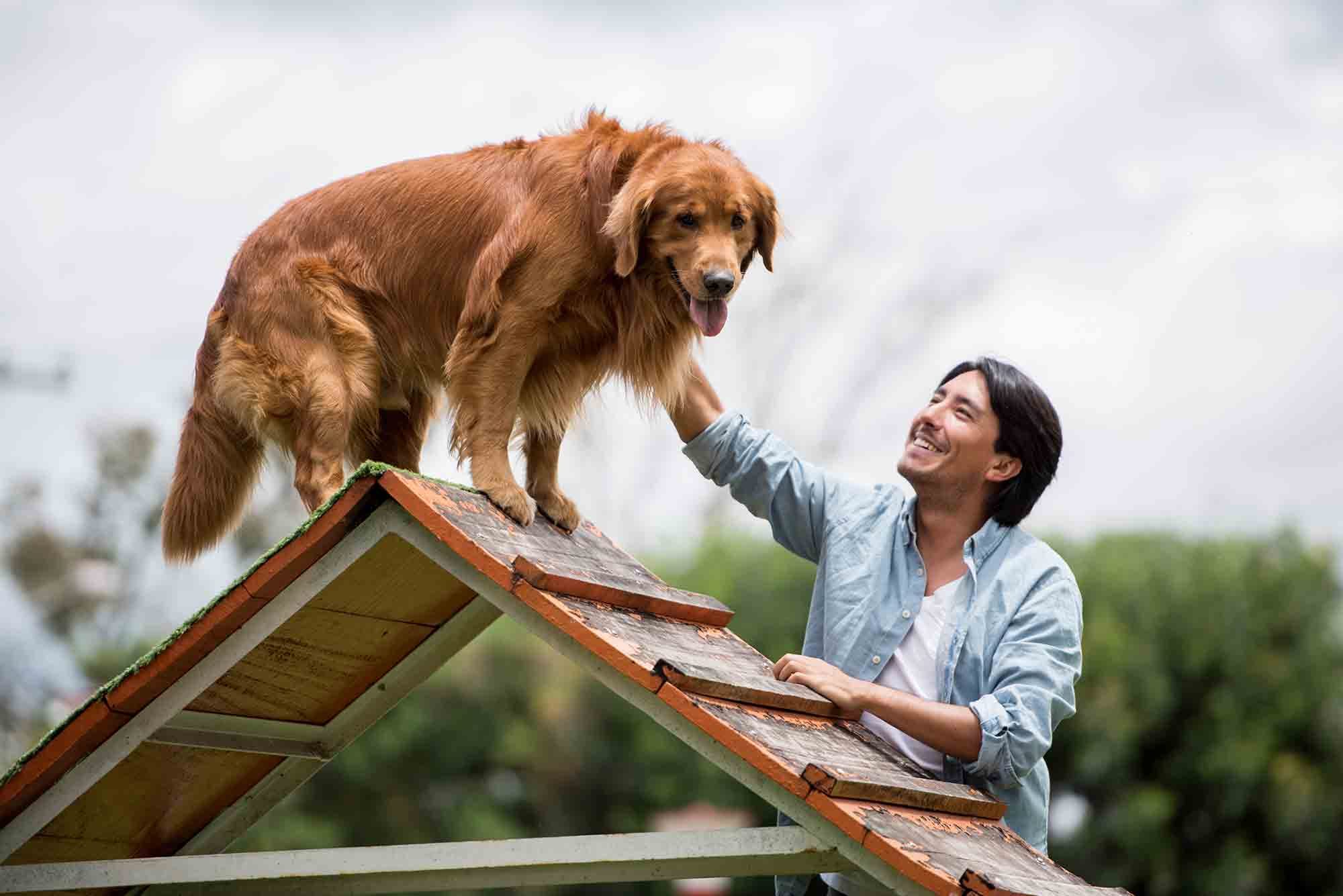Is it True that You Can’t Teach an Old Dog New Tricks?

Many people assume that obedience training will only benefit puppies because ” you can’t teach an old dog new tricks! ” This saying was perhaps born out of adults dogs refusing to obey commands because they’ve always lived their lives doing whatever they please, while puppies are still starting to adjust to their environments; hence, you can train them before they become independent.
But this saying turns out to be a myth – in 2007, the TV show “Mythbusters” had tested out if adults dogs are truly incapable of learning new tricks, and the results were, as you have guessed, the opposite. It only took a week for a pair of six-year-old Alaskan Malamutes to learn following basic commands, debunking the saying almost instantly.
Professional dog trainers also recognize an adult dog’s capabilities of being trained. In Loxahatchee, Florida, for instance, there is an effective dog boot camp program where dogs of any breed, size, and age are accepted. So, if you’re still skeptical about your adult dog’s learning potential, maybe you should consult the experts and try enrolling your dog in the program.
What Makes Adult Dogs Harder to Train?
Even if they’re still trainable, adult dogs may not easily follow commands even with a reward. This is because they got used to the life they had before training. They need time to unlearn the “bad” habits they’ve acquired over the years, and it’s up to you as their owner or trainer to make them do that. Patience is important when training an adult dog because breaking their old habits can be challenging and not to mention time-consuming.
However, not every adult dog is trainable. If your dog suffers from a health condition that limits their movements, for example, even basic tricks may be a struggle for them. For older dogs that have already developed cognitive issues, training them is more likely impossible. And in general, dogs between the ages 6 and 7 may already start having limitations, so consulting a vet will help before having them trained.
Ways to Train an Adult Dog
Trainers also train older dogs as they do with puppies, so tried-and-tested ways are still effective. It won’t be too late to enrol them in an obedience training class.
You can also train them at home. If you’ve recently adopted an adult dog, train them to retreat to their crates every time you can’t look after them. Make sure the crate you buy has enough space for them to stand, move, and stretch out comfortably. It also has to be sturdy because adult dogs weigh a lot.
Entice your dog to come into their crate by offering treats. Once they’re inside, keep them in for only a few minutes at first, and longer as you train them more. Provide your dog with water, blankets, and toys, and don’t forget to give them praises and attention even while they’re inside the crate. When you let them out, take them outside where they can relieve themselves and have some exercise. Do not put them in a crate as a punishment or leave them inside it for long periods of time.
A good way to help them break past habits is using the “Nothing in Life is Free” method. Give them treats and positive attention only when they behave appropriately, like not jumping on people, lying on furniture, etc. Ask all household members to give the dog the same commands so it won’t be confused.
Implement positive reinforcement when training a dog, regardless of their age. Focus on giving them rewards for their success rather than punishing them for doing things wrong. This way, you and your dog will have a stronger and deeper bond.
Again, practice patience. Don’t give up on training your adult dog just because it takes time. Failure in training them only stems from your lack of patience, so in this case, consider having a professional work with your dog.